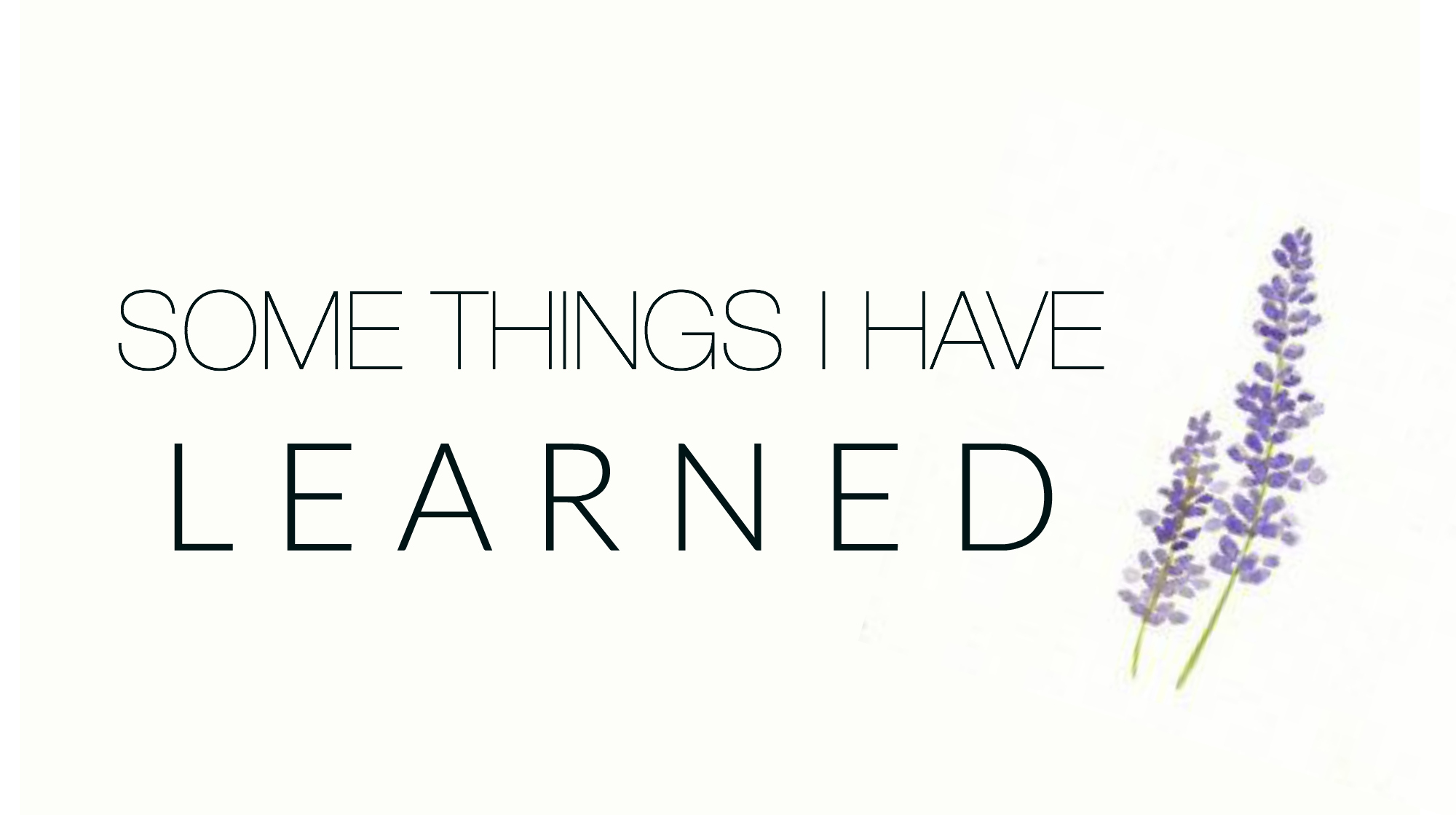this is a page for
Browsing Tag: judgmental
When one of my daughters was little, we would race up the basement stairs to see who could get to the top first. Whoever won would shout out, “I beat you!” Being older and faster, I frequently won which caused my daughter to try even harder the next time. She got pretty fast on those stairs!
One time I was grocery shopping with this same daughter, who was 4 years old. She stopped to look at a cereal box as I continued walking. She finally noticed that I had made it to the end of the aisle. Fearing being left, she loudly shouted out, “Mom, don’t beat me.” I was sure the people three aisles over could hear her. I was also sure that people really thought I was beating her and I was very embarrassed. I wanted to run to people and reassure them that I was not beating her. Honest!
It’s So Easy to Judge
Children give us lots of opportunities to be embarrassed, and to also have our actions misunderstood. This incident also reminds me that sometimes we hear something someone said and think we have a complete picture. We think we know exactly what is going on. It is so easy to judge the situation without having an understanding of what is really happening. And because we think we know, we make a judgement.
Before I ever had children I remember thinking, when I would see someone’s child misbehaving, that my children would never do that. I thought I would teach my children what to do and then they would do it (I’m sure all those who are parents are now laughing). Actually, being a spectator is a lot different from being a parent. And being a parent is certainly a lot harder than it looks on the outside.
The Merciful Obtain Mercy
There’s an expression I really like, “walk a mile in his shoes.” It conveys the idea that until we actually know someone’s heart and why they make the choices they do that we really can’t understand the situation. It teaches us not to assume or to judge. One of my favorite General Conference talks is by Dieter F. Uchtdorf, and is called The Merciful Obtain Mercy.
I loved it when he said, “This topic of judging others could actually be taught in a two-word sermon. When it comes to hating, gossiping, ignoring, ridiculing, holding grudges, or wanting to cause harm, please apply the following: Stop it!” He goes on to say, “It’s that simple. We simply have to stop judging others and replace judgmental thoughts and feelings with a heart full of love for God and His children.”
Years ago, any time when there was someone in my ward that I didn’t like very much I would be made her Visiting Teacher or she would be made mine. This happened several times over the years (obviously I had a lot to learn). Each time, it didn’t take long before I learned how wrong I was about that person. Most of the time we became friends, or at least I gained a greater understanding of her. God, in His mercy, gave me the opportunity to better learn not to judge.
There was one time I was someone’s Visiting Teacher and I was visiting with her and we were laughing about something when she suddenly stopped and said, “You’re a lot different from what I thought.” I hadn’t realized she had a negative impression of me, but we were able to become friends because we got to know each others hearts a little better and judge a little less.
Just “Stop It!”
The funny thing is we don’t want others judging us but somehow we think it’s okay for us to judge others! I’m not sure why we do this and I constantly need to remind myself that I don’t know someone’s motives, their reasoning or thought process. I really do want to be better at this and allow myself to have good thoughts about others. I want to do as President Uchtdorf said and “Stop it!” So, how do I do this?
So, How Do We Do This?
Dieter F. Uchtdorf gave us the solution to stop judging others . “The more we allow the love of God to govern our minds and emotions-the more we allow love for our Heavenly Father to swell within our hearts-the easier it is to love others…In a world of accusations and unfriendliness, it is easy to gather and cast stones. But before we do so, let us remember the words of the One who is our Master and model: “He that is without sin among you, let him first cast a stone.” Brothers and Sisters, let us put down our stones.” So basically, the more love we have for God, then the more love we will have for others and the less judging we will do.
For me, it always comes back to the scripture found in Matthew 22:37. “Thou shalt love the Lord thy God with all the heart, and with all thy soul and with all thy mind.” When we love God more than anything else, when we put God first, everything else falls into place in our lives. For me, this is my greatest challenge. Loving God more will help me put down my stones.
Share this:
- Click to share on Twitter (Opens in new window)
- Click to share on Reddit (Opens in new window)
- Click to share on LinkedIn (Opens in new window)
- Click to print (Opens in new window)
- Click to share on Facebook (Opens in new window)
- Click to share on Tumblr (Opens in new window)
- Click to share on Pinterest (Opens in new window)
- Click to email a link to a friend (Opens in new window)
Recently my daughter had me help her cut some paper. This is the daughter who has Down syndrome. She was trying to cut out something from a magazine to tape it on a jar. I showed her how to cut around it and started the cutting for her. I watched her cut it and for the first time noticed her hand was in the way of her seeing what she was cutting.
It occurred to me that I had started cutting on the right side of the picture and she is left-handed. I have done this many times over the years and never once noticed that she couldn’t see what she was cutting because her hand was in the way. It explained all of the jagged edges and uneven cuts she always made. I had always wondered why she couldn’t cut anything out straight.
I stopped her and restarted the cut on the left side of the picture and she continue to cut around from that side. She cut evenly and smoothly, no jagged edges and no cutting in the wrong place. She’s 17 years old and has been using scissors since preschool and I just notice this.
Sometimes it’s really easy to see things only from my right-handed perspective. To just do something like I always do, or to think things through from my reference point. Often it’s easy for me to not notice what stops someone from doing a good job. Then I wonder why that person didn’t measure up. I wonder why they can’t cut out something without jagged edges. My right-handed perspective gets in the way.
Often I’m dealing with “left-handed people”. People who are different from me. Someone who methods and ways contrast from mine. His or her ways are just different from mine, not bad or worse. Sometimes it is easy to judge another as incompetent, or foolish or even incapable. When I do that it’s because I’m not making the effort to look at things from his or her perspective.
Usually telling someone to just do it the way I do it is not the answer. That often produces frustration and the previous results. If I really want to understand, I need to see things from the other person’s viewpoint. Looking at something as another sees it can be illuminating. Concentrating on another person’s skills and abilities and what they do well, can make a big difference. Trying to figure out what is stopping that person from being successful is helpful. And then taking the next step to figure out a way to help them succeed. Often it’s just little adjustments. Like switching sides of the paper when cutting.
Viewing something from another person’s perspective often helps me understand better, be less judgmental and more compassionate. When I do that I become a better parent, teacher, spouse and friend. When I step aside from a right-handed perspective to see through a left-handed view, I don’t have to wonder why someone didn’t measure up. That’s because the jagged edges and uneven cuts usually go away.
https://www.churchofjesuschrist.org/study/general-conference/2014/04/what-are-you-thinking?lang=eng
Share this:
- Click to share on Twitter (Opens in new window)
- Click to share on Reddit (Opens in new window)
- Click to share on LinkedIn (Opens in new window)
- Click to print (Opens in new window)
- Click to share on Facebook (Opens in new window)
- Click to share on Tumblr (Opens in new window)
- Click to share on Pinterest (Opens in new window)
- Click to email a link to a friend (Opens in new window)

